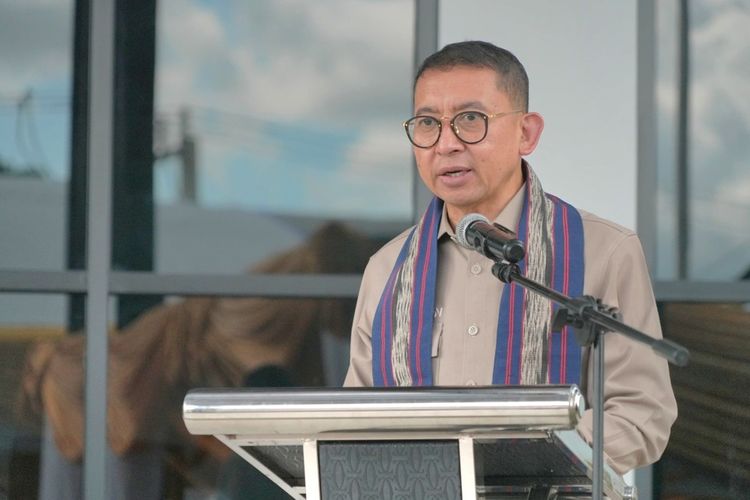Keras Criticism from Fadli Zon, DPR Warns Formation of Commission for Women as Evidence of May '98 Rape Cases

The Shiro Corporation - The statement by Minister of Culture (Membud) Fadli Zon claiming there is no accurate evidence of mass rape cases in May 1998 has sparked public attention. Member of DPR RI Commission VIII, Selly Andriany Gantina, stated that the facts of the forced abduction case in May 1998 were revealed in the Joint Fact-Finding Team (TGPF) report, which found instances of sexual violence in Jakarta, Medan, and Surabaya during the 1998 riots.
According to him, the formation of the Commission on Violence against Women was also seen as evidence of concern over the mass rape that occurred in May 1998.
"The history of this nation records that post-reformation, the state through the formation of the Commission on Women, has acknowledged the existence of sexual violence, including rape experienced by women during the May 1998 riots," Selly told reporters on Wednesday (18/6).
The legislator from the PDIP faction emphasized that the testimonies of victims and the documentation efforts carried out by many parties, whether by the state, non-governmental organizations (NGOs), or civil society organizations, cannot be erased from the collective memory of all Indonesian citizens.
"Statements that reduce historical facts in this way are very prone to re-injure survivors. We need to be very careful when talking about traumatic events, especially if it involves wounds that have not fully healed," said Selly.
Selly reminds that it is important for the Government to maintain the facts that occurred during the May 1998 riots as part of the nation's history that cannot simply be erased.
"We believe that acknowledging historical truth is an important first step towards the recovery of victims and the maturation of democracy, grounded in the principles of humanity, gender justice, and advocacy for vulnerable groups," said Selly.
Furthermore, Selly reminds Fadli Zon to be able to prioritize empathy, caution, and moral responsibility when reviewing the nation's tragedy. She does not want historical facts to be obscured by the single narrative of power.
"If there are differing views, they should be expressed within the framework of constructive dialogue, not in the form of denials that can add to the burden of wounds for the victims," he concluded.
Comments
Post a Comment